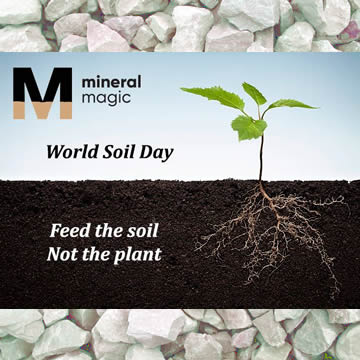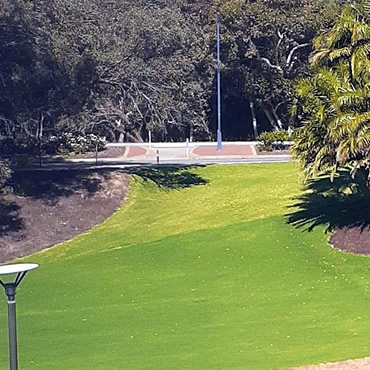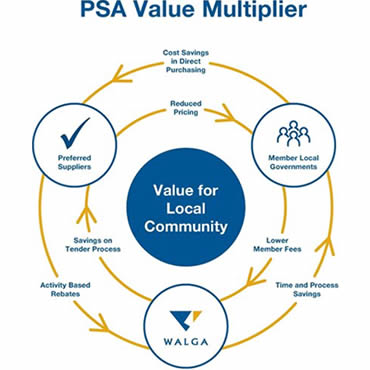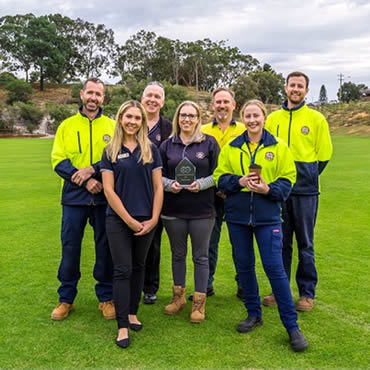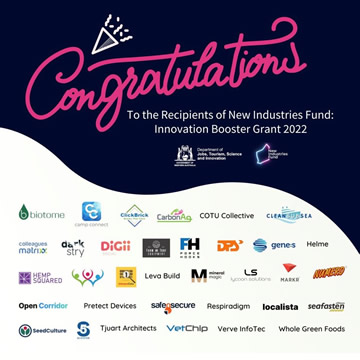Becoming a Platinum Waterwise Council is a further testament to the City’s commitment to saving water and reducing harm to the environment.
The Waterwise Bayswater Strategy has delivered a number of projects this year. For example, it converted a drainage area into a micro wetland at Peters Place. The Peters Place project came in a close second from the six nominated this year for the Water Corporation's 2021 Community Choice Award.
The City has also worked with local school children on Waterwise projects. For example, inspired by the City’s transformation of Peters Place, students from John Forrest Secondary College approached Council to restore the drain behind their school. They are now working with the City and the Water Corporation on plans for the project.
In an additional win for the City, Bayswater Waves Aquatic Centre received an inaugural Gold Waterwise Aquatic Centre award for demonstrating best practice water management in an Aquatic Centre by running the centre in the most water efficient way possible.
One of the most recent and innovative approaches has been the introduction of a newly discovered Western Australian soil amendment known as Mineral Magic.
The City commissioned a number of trials across new and established parks and averaged between 12-15% water saving whilst achieving a much more aesthetic outcome to provide the best possible recreation experience for ratepayers. This is critical with the pending state bore licences legislation currently being reviewed through parliament with a standard 10% reduction across the board being recommended.
In regards to the Nutrient Management Scorecard, each year Local Government Authorities (LGAs) in Perth are surveyed on their nutrient practices by the Phosphorus Awareness Project of the Southeast Regional Centre for Urban Landcare (SERCUL).
The survey is broken up into different sections including nutrient monitoring, fertiliser applications, nutrient management, nutrient education, water quality monitoring and development control. The results from the questions asked in the survey have been used to provide a Score Card for each LGA that responded and clearly show how the LGA is performing and where and how improvements can be made.
The City’s amazing performance can be viewed in detail here ;
https://www.sercul.org.au/wp-content/uploads/2022/01/2021-City-of-Bayswater-Scorecard-web.pdfdgdgd


